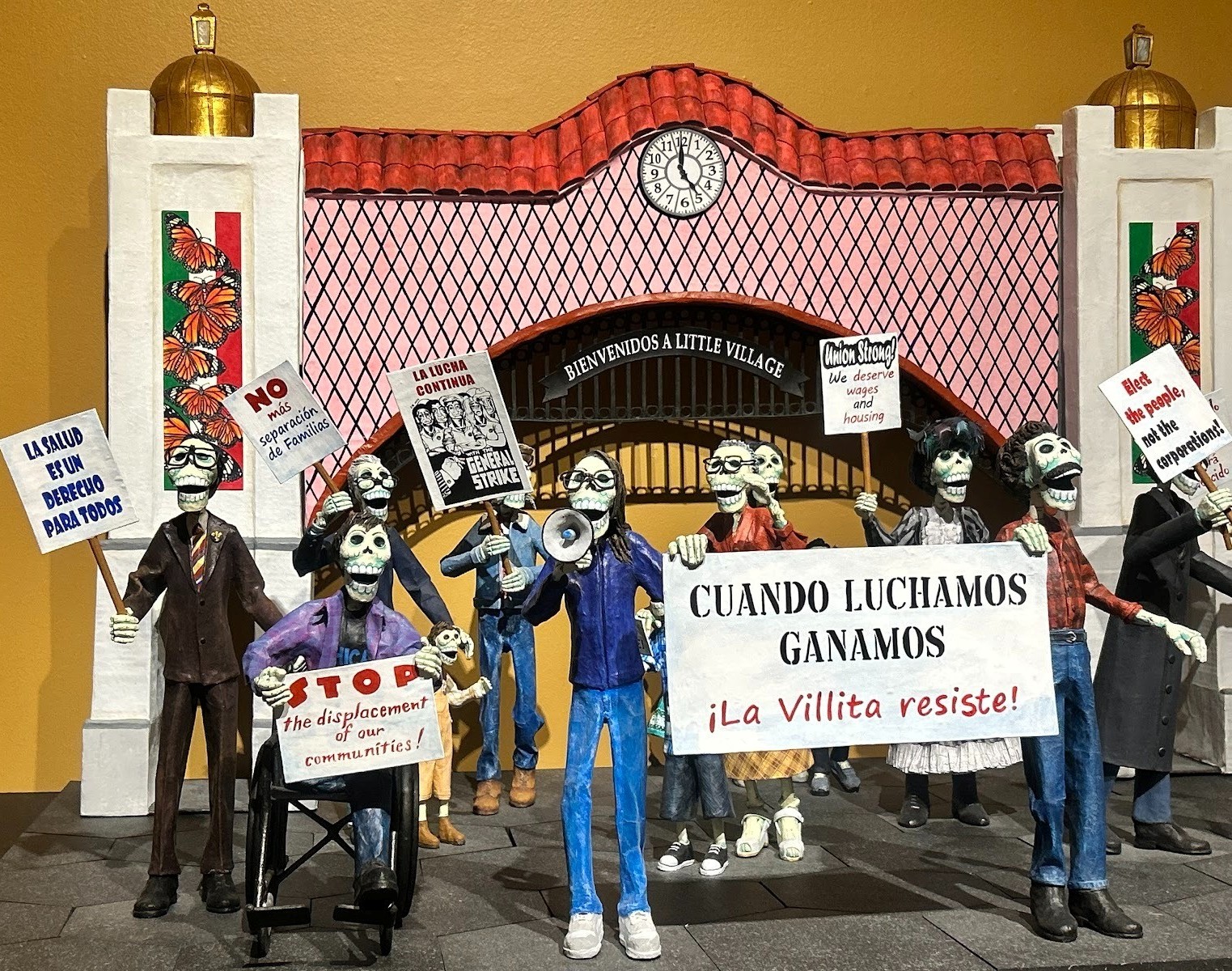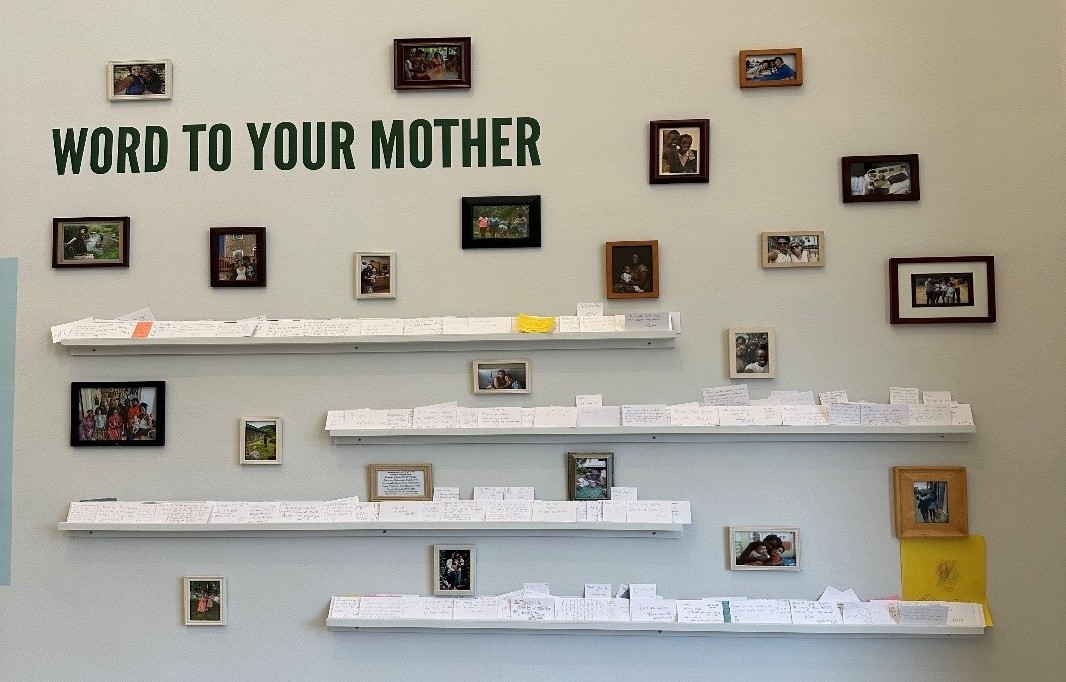Submitted on Tue, 05/13/2008 – 20:01.
Getting a 230-page transit bill passed by the Illinois Legislature this year was a relief for Rep. Julie Hamos (D-Evanston) for several reasons. One: She gets stopped in the halls by lobbyists less often now.
How often did they “check in” with Hamos before the bill passed?
“All day long,” Hamos said. So, it was no surprise to the Illinois lawmaker who’s widely lauded for averting “doomsday” by working to pass the most recent transit bill when she learned the Regional Transportation Authority and the Chicago Transit Authority were ranked as the top two government agencies when it came to dollars spent on lobbying during the 2007 fiscal year, which ended June 30.
The report, recently released by the Illinois Campaign for Political Reform was the first of its kind in the state. The group had to file Freedom of Information Act requests to obtain most of the information. The non-partisan watchdog group reported that the RTA spent the most money for the reporting period- $223,660- with the CTA a close second at just over $220,000.
Two other transit agencies, PACE (providing bus service to Chicago’s suburbs) and Metra (providing passenger rail services in and around Chicago), also ranked among the top 10 spenders in the report. Altogether, the four transit agencies spent almost $700,000 on 14 different lobbying firms over the one-year period.
David Morrison, assistant director at Illinois Campaign for Political Reform and chief author of the report, had mixed feelings about the prominent spots transportation agencies secured in the top ten list.
“If that expenditure is what it takes to get the state to understand our regional issue, then that’s worth it. At the same time,” he said, “14 firms is a lot.”
Morrison said the inspiration for the investigation came from the Center For Public Integrity, an independent journalism organization based in Washington, D.C. The organization tracks lobbying by state in its ongoing investigation titled “Hired Guns.” As of 2005, the most recent information available, Illinois ranked 45th in terms of the amount of information required to be disclosed by lobbyists and the government agencies who hire them.
Steve Carpinelli, media relations manager for the Center for Public Integrity said money spent on lobbying is not always money well spent.
“There isn’t always a correlation between amount of lobby dollars spent and budget dollars secured,” he said.
In the case of Illinois transit, Hamos said the taxpayer money spent was sadly necessary.
“I wouldn’t say it was a waste,” she said. “I do think it was a lot of money, and it was unfortunate…we wished they would spend their money in other ways.”
The Midwest High Speed Rail Association is a non-profit transit advocacy organization based in Chicago. One of its projects is Transit Riders’ Alliance, which held a Transit Lobby Day in Springfield last week. The organization brought members of the public to Springfield to discuss the expansion of transit in Illinois with state lawmakers, including Hamos.
Rick Harnish, executive director of the Midwest High Speed Rail Association, said his group is “certainly not adversarial” with professional transit lobbyists, but that they are independent.
He supports the right of transit agencies to hire lobbyists because highway and road construction firms have lobbying built into their budgets and because such private companies can afford to spend much more than their public counterparts, such as the RTA and CTA.
“Given how much lobbying is done by the road gang, we certainly need something to counteract that,” said Harnish.
Hamos said while she appreciates the work lobbyists do in Springfield, she hopes the work of lawmakers and organizations, such as Midwest High Speed Rail Association, are not overlooked.
A searchable list of registered lobbyists is available through Illinois Secretary of State Jesse White’s office.
“If we had no lobbyists in this place, we would not be able to juggle 3,000 bills each year,” she said. “[But] at the end of the day, it wasn’t the lobbyists that got a transit bill passed.”
Categories:
Public Transportation
Tags:
cta illinois legislature mass transit rta






Be First to Comment